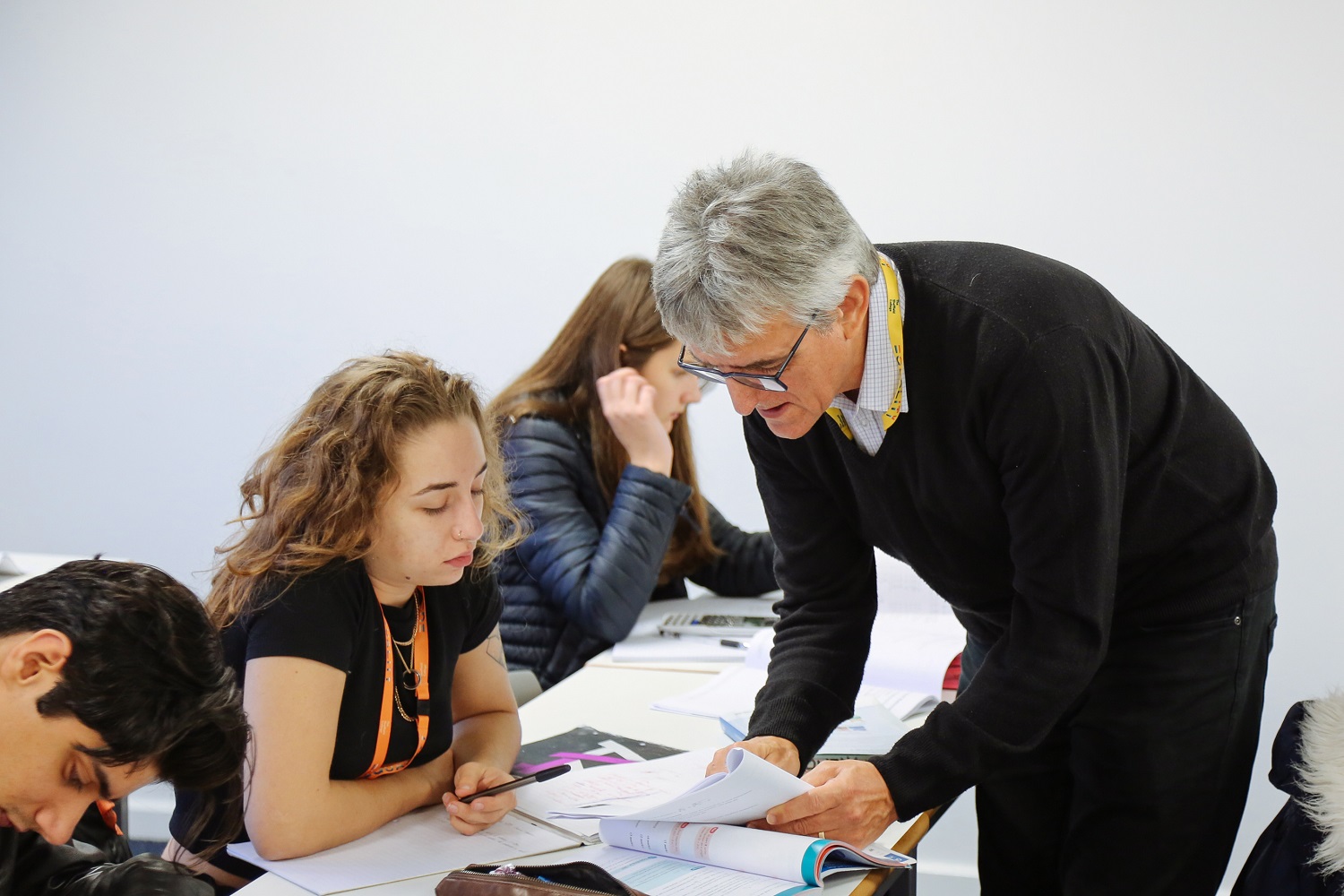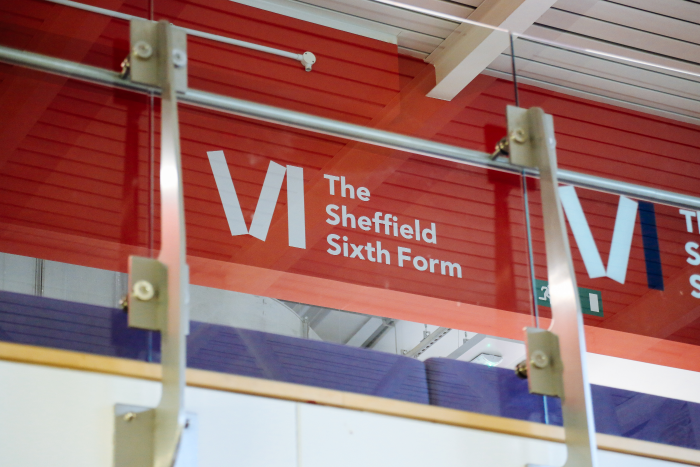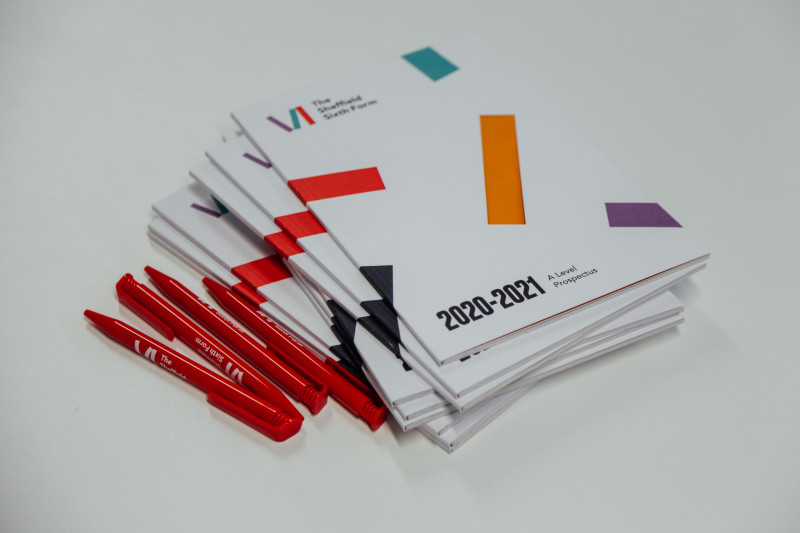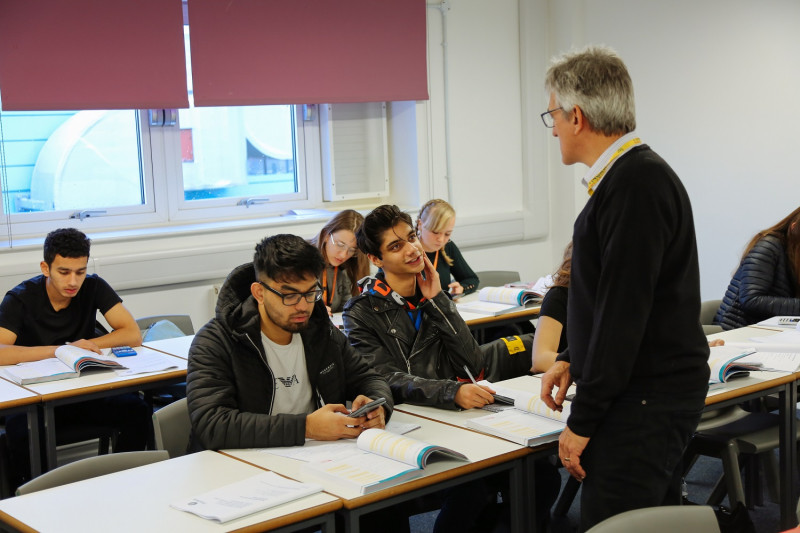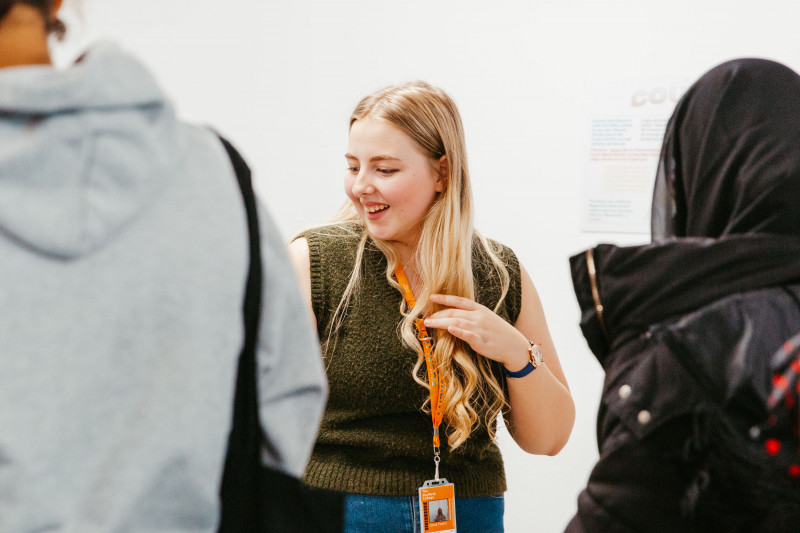Mathematics
Mathematics (from the Greek μάθημα (máthema) — meaning knowledge, study, learning) is the study of quantity, structure, space and change. The mathematician Benjamin Peirce called mathematics “the science that draws necessary conclusions” and that is exactly what you’ll do on an A Level Mathematics course at The Sheffield College. During the first year of the course you will study the content of the AS Mathematics syllabus. This level aims to build on your knowledge and skills from GCSE, and equip you with a strong knowledge base in the key areas of mathematics, such as algebra and calculus. During the second year (A Level) students will further develop the new concepts and techniques studied at AS.
About the Course
During the first year of the course you will study the content of the AS Mathematics syllabus. This level aims to build on your knowledge and skills from GCSE, and equip you with a strong knowledge base in the key areas of mathematics, such as algebra and calculus. This is assessed by two examinations in the summer term, one for each of the main topic areas of pure and applied maths. This will normally be by an internally set college paper to assess your progress on to the second year, or the formal, externally set AS exam.
During the second year (A Level) students will further develop the new concepts and techniques studied at AS. Your AS results can be used to decide whether you wish to continue for the second year. The second year content is much harder, so only those achieving a D or above at AS should usually continue.
There are 4-5 hours of lesson time each week, with regular assessments to monitor your progress and give appropriate support to ensure your success.
Personal Study Time
A Level students are expected to devote as many hours outside of college to their studies as they are given in lessons. Homework will be set regularly, but students are also expected to undertake self-directed study, this is necessary to ensure the underpinning of knowledge is learnt and understood; ensuring further concepts are more easily grasped.
Key Units
Year 1
Pure Maths
In the first year of the course this area extends the basic skills developed at GCSE and builds a strong platform of core Level 3 Maths skills, including:
- Algebra
- Calculus
- Trigonometry
- Exponentials
- Curve sketching
Applied Maths
In your first year of the course this area builds up a basic understanding of:
- Statistics
- Mechanics
You will have likely met some basic statistics and mechanics ideas in GCSE Maths/Physics. The AS Applied content helps you develop a basic understanding of probability and data handling, and the main mathematics in physics.
Year 2
Pure Maths
This further develops the new concepts and techniques you will have studied at AS. You will gain the core mathematical skills needed to study Mathematics or Science based subjects at University, such as:
- Further Calculus
- Further Trigonometry
- Functions
- Series
Applied Maths
Again, this builds on the first year studies to give you a more rounded understanding of how mathematics can be used in context.
- Further Statistics
- Further Mechanics
Entry Requirements
To study 3 A Levels
5+ GCSEs grades 9-4 in different subjects, including English Language and Maths at a minimum of grade 4.
Additional Requirements
GCSE grade 9-6 in Maths.
The Sheffield Sixth Form welcomes students who have studied vocational qualifications. However, the minimum entry requirements for the A Level programme, as shown above, must be GCSEs.
Assessment
A Level Mathematics is now a linear course, with the option to obtain a stand alone qualification at the end of the first year of study.
Assessment for the full A Level is by three exams in the summer of the second year (A2 level). This includes two exams for Pure Mathematics, and one for Applied Mathematics.
Pure Mathematics
2 papers, 2 hours each
Applied Mathematics
Statistics and mechanics, 2 hour paper
Where does this lead
Many students go on to university to take subjects with mathematical content, such as:
- Mathematical Studies
- Engineering
- Physics
- Computer Science
- Medicine
Future Opportunities
Mathematicians are highly sought after in many fields including:
- Financial services
- Engineering
- Medicine
- Insurance
- Aerospace
- Construction
- Education
- Consultancies
Tell Me More
Will this subject suit me?
You need to have a keen interest in the subject and a good background in algebra. You will enjoy dealing with abstract concepts and the challenge of tackling concepts and difficult questions which require all the knowledge you’ve amassed.
Extra Costs
Students are expected to provide their own study equipment, including scientific calculators.
- Course: P00247
- Start Date: September 2023
- Level: 3
- Area: A Levels
- Campus: City Campus
- Category: School Leavers
Typical entry requirements:
To study 3 A Levels
5 GCSEs at grade 4 or higher, including English Language and Maths
Please note:
- BTEC or vocational qualifications will not be accepted in place of GCSEs
- International applicants must also have IELTS 6.0
Additional Requirements
GCSE grade 9-6 in Maths

